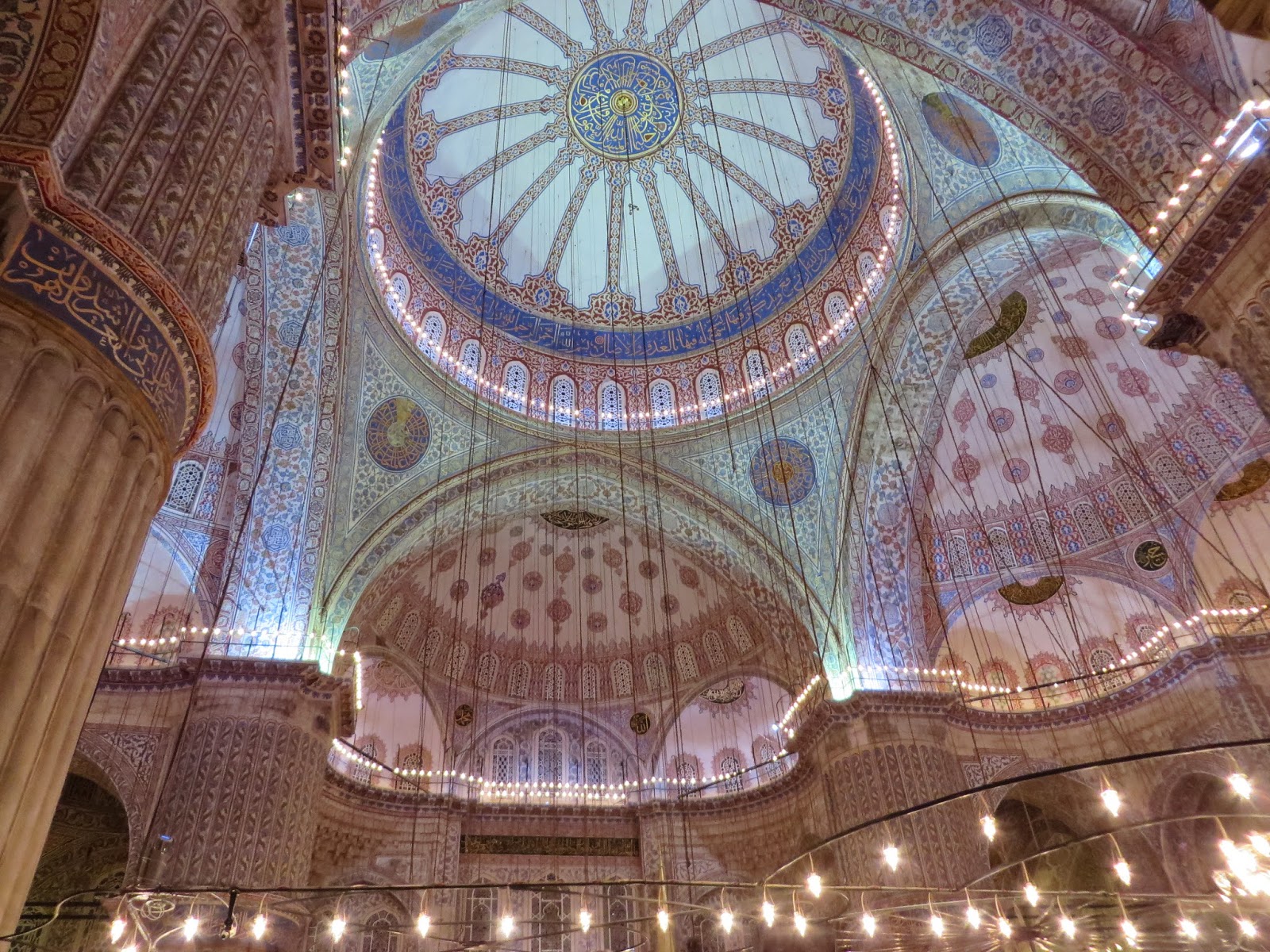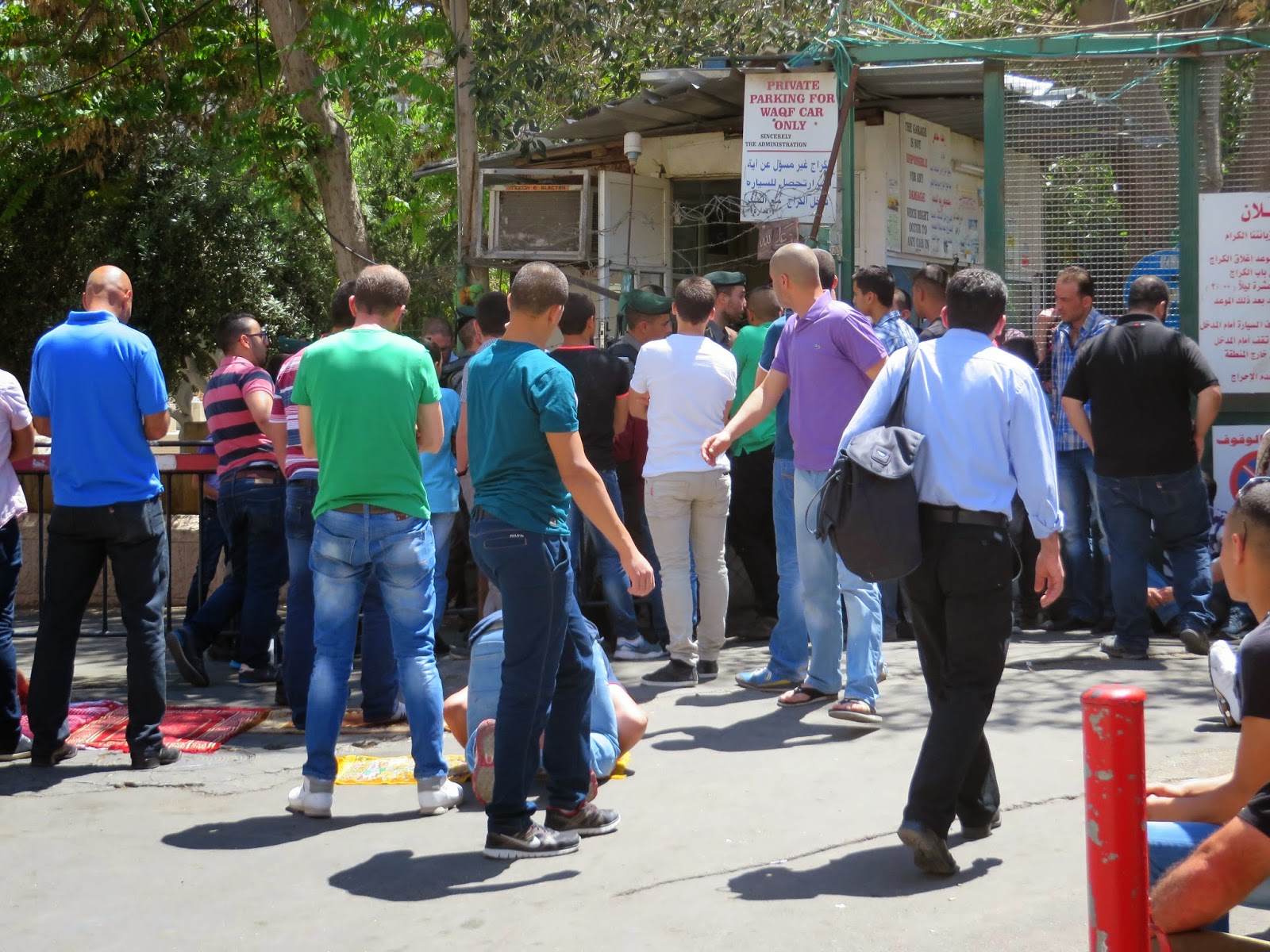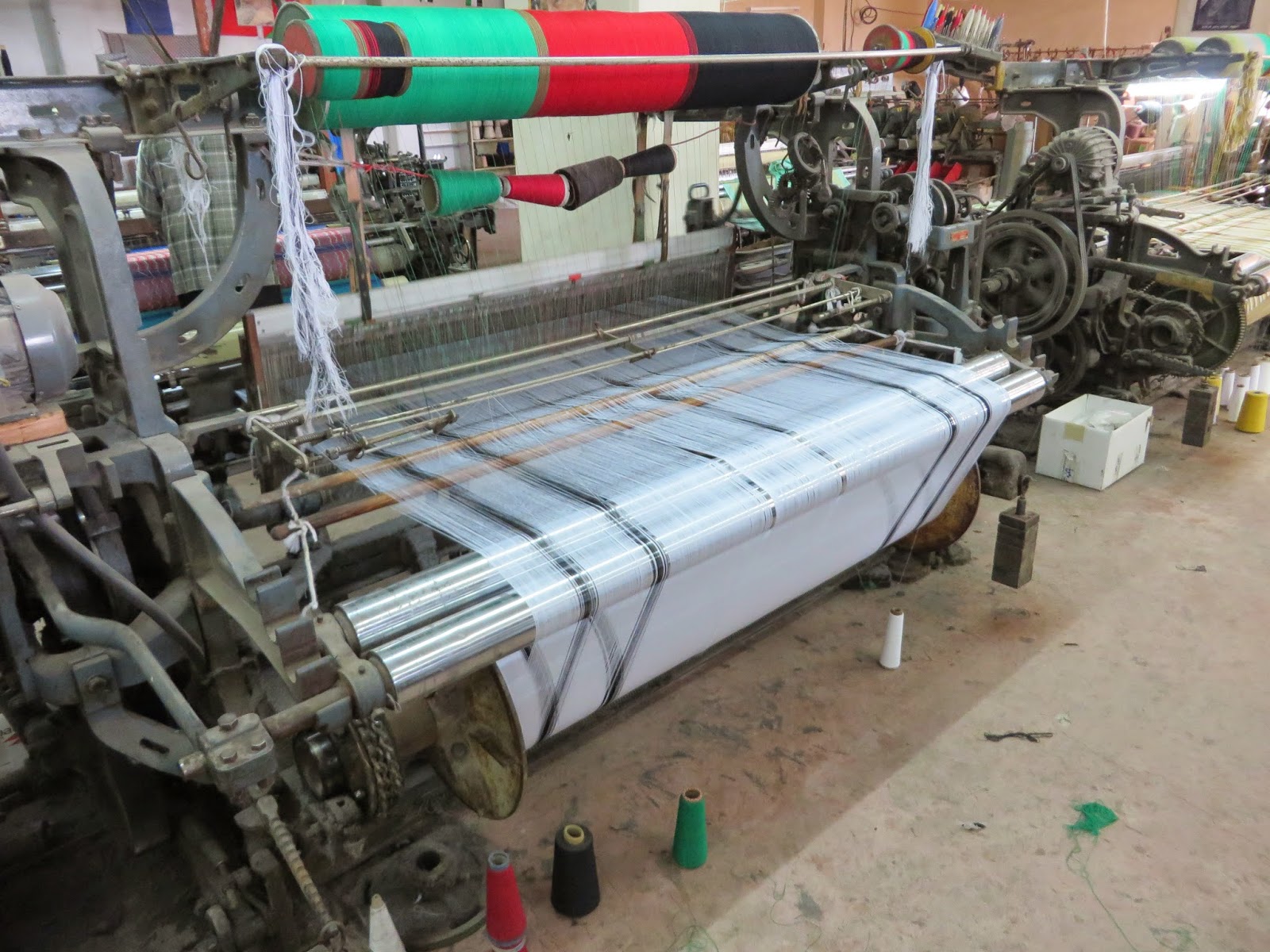How do we become a society of less conflict and greater tolerance of each other? It seems to me that one of the key causes of division is passion. Our own concerns about difference stem from our own passions and convictions; our community, our nation, our religion, our identity, our values. True, some prejudices are just ignorant - a 10 year old boy might decide a girl has cooties because his friend said so, or he might think someone from another religion is bad because his parents said so - and sometimes we might just simply be afraid of something or someone a bit unknown. But often it can be the attachment we have to own culture that can lead us to critique other cultures, the devotion we have to our own religion that leads us to dismiss another faith, the deeply seated values we have that provokes us to deny gay marriage. I think this can often lead us to be skeptical about passions and concerns, as they too often appear to divide people. So too, the answer to many divisions often tends to be an encouragement to stop caring about things so much. Thus the central premise of A Brave New World; a perfectly peaceful and harmonious world, found precisely in the fact that nobody has any attachments to or deeply felt feelings about anyone or anything. But this raises a question; isn't passion a good thing?
Boney M's answer to the problem of racism was essentially to dissolve race altogether. Black, white, brown, pale, dark; the answer to racial divisions is to dissolve race altogether and make everyone look the same. Similar arguments seemed to take place over the gay marriage bill. Many (not all) devoted to the concept of heterosexual marriage found it hard to find room for a definition of marriage that included homosexual union. The argument against this was generally bewilderment that somebody could take heterosexual marriage so seriously; 'who cares' was often the best argument that could be given in response - particularly from Christians in fact (the few that supported the bill anyway). The fact that New Zealanders so greatly celebrated Maurice Williamson's speech seems indicative of this kind of thinking within New Zealand culture. I'm not saying people just found it funny (fair enough); people celebrated it. All the man did was get up and say he couldn't believe why anybody would be remotely concerned about the bill (after taking some potshots at fundamentalists - the easiest targets in the world). He suggested people should stop caring so much, given that the world would not explode should the bill go through. If that's the only ethical category we have then I guess we shouldn't care about anything, except perhaps climate change. I can hear people say he was just being funny; if that's the case we should have a good laugh before turning to the next person to provide us with a slightly more meaningful point, rather than celebrating Maurice Williamson as ushering in a new era of tolerance. Contrast this with Louisa Wall, who took the concerns of the many within the pacific community very seriously. She sought to listen to and seriously address the views of others, while offering her own thoughtful and detailed argument about why she was promoting the bill. Who had the better argument here? the one who was pushed on by her interpretation of human rights and her research into disturbing suicide statistics linked to feelings of innate error and social exclusion, or the one who said 'hey you guys who care about heterosexual marriage - stop caring so much!'
The problem with the latter approach is that, while seeking to create a certain kind of unity, it only creates other divisions. If we make unconcern the primary basis on which to create ethical change, and we fail to understand or even listen to those who are concerned, then we leave the latter group alienated and hurt. Furthermore, we dis-empower people from making truly ethical decisions; if we are left with a choice of either acceptance of others built around not caring or a feeling of being divisive by retaining a sense of concern for traditional values or ideas, then not only will we slowly become passionless people, but we will allow traditional values and ideas to become stagnant and archaic.
I'm not saying it's essential you care about everything. You may not care about Gay marriage, and that is quite fair enough. I, for one, find it difficult to care less about denominational difference within Christianity, an issue which has led to wars in the past. But I don't see my lack of concern as the answer to an ecumenical church (an approach I have heard many take before). Rather, I would follow Taize's lead in creating a thoughtful and ethically sound rational for why Christian unity is essential for the future of the church. Such an approach doesn't dismiss passionate Catholics and passionate Anglicans, it simply offers a reason for why they may be even more passionate about greater unification between the two. Rather than seeking to suck passion from people, it seeks to trump it altogether. It is unity built on passion. Unification does not lie in dissolving concern for one's denomination and tradition, it lies in emphasising how much more unified we are in Christ. Such a perspective does not render tradition as unimportant. Indeed, part of the way unification can be achieved is by sharing stories of our traditions and our differences. This is precisely what Louisa Wall did - rather than dismissing people's values and traditions as irrelevant, she sought to provide reasons why marriage equality was of great ethical importance. One may disagree with those reasons, but at least there was a conversation.
 |
| Icons at Taize |
 |
| Taize Church |
Hearing each others stories and thus our passions is an important step toward unity. At times we may even believe we have greater differences than points in common, but that we simply need to find a way to coexist anyhow. In examples where differences are so pronounced and coexistence, let alone unity, seems impossible, hearing each others stories seems a good place to start. There are so many examples where convictions and passions lead to conflict. However, the solution is not to give up our convictions and passions, for that seems the worst possible method of unity. Rather, we need to create a forum in which convictions and passions are listened to. We may well not care about difference, but we cannot expect that of everyone, nor should we. We need to be more thoughtful in our quest to reduce conflict and division in our world.
Taize is a special place. The most ecumenical place I have ever been to. This has been achieved by some of the most thoughtful ecumenical theology I have ever read and witnessed, not a dissolution of tradition.
 |
| Saying goodbye to Taize (and Bauke) before hopping on the bikes |



















































